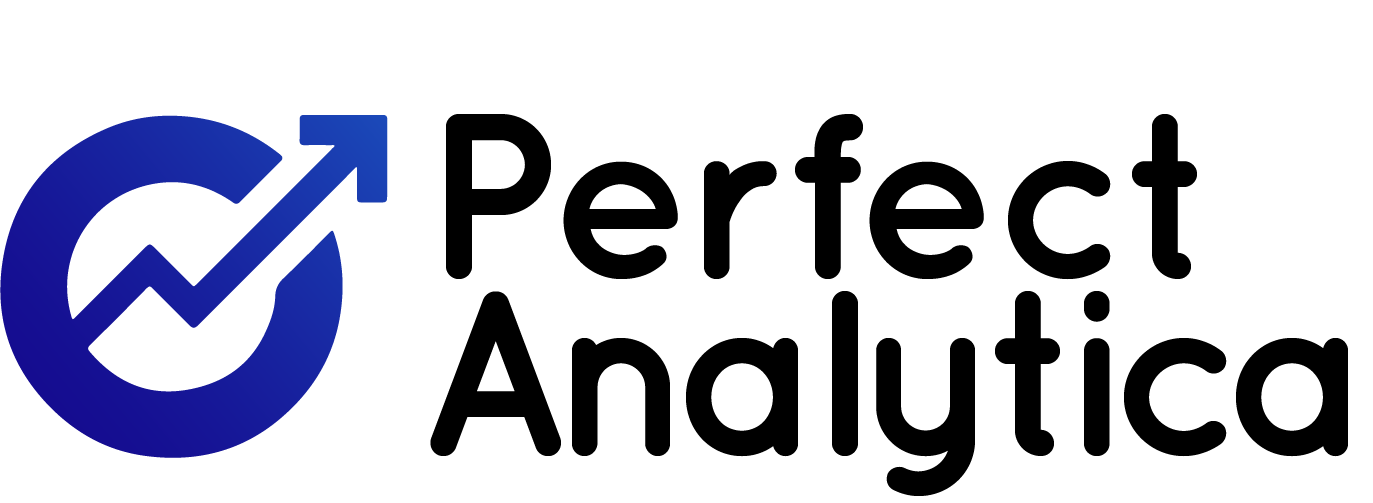Measuring the success of your social media campaigns is crucial for evaluating their effectiveness and optimizing future efforts. Here’s a comprehensive guide on how to measure success:
- Define Clear Objectives: Before launching a campaign, establish specific, measurable goals. Examples include increasing brand awareness, driving website traffic, generating leads, or boosting sales.
- Key Performance Indicators (KPIs):
- Engagement Metrics: Likes, comments, shares, retweets, mentions, etc.
- Reach: Number of unique users who have seen your content.
- Impressions: Total number of times your content has been displayed.
- Click-Through Rate (CTR): Percentage of users who clicked on a link in your post.
- Conversion Rate: Percentage of users who completed a desired action (e.g., making a purchase).
- Cost Per Acquisition (CPA): Cost of acquiring a customer through the campaign.
- Return on Investment (ROI): Revenue generated compared to the cost of the campaign.
- Social Media Analytics Tools: Use platforms like Facebook Insights, Twitter Analytics, LinkedIn Analytics, and Instagram Insights to track performance metrics. Additionally, third-party tools like Hootsuite, Sprout Social, and Google Analytics can provide deeper insights.
- Track URL Parameters: Utilize UTM parameters to track traffic and conversions from social media campaigns in Google Analytics. This helps identify which campaigns are driving the most valuable traffic.
- Social Listening: Monitor social media mentions and conversations related to your campaign. Analyze sentiment to gauge audience reactions and adjust your strategy accordingly.
- A/B Testing: Experiment with different content formats, messaging, visuals, and targeting criteria to identify what resonates best with your audience.
- Benchmarking: Compare your campaign performance against industry standards and competitors to understand how well you’re performing relative to others in your space.
- Customer Feedback: Solicit feedback directly from your audience through surveys, polls, or direct messages to understand their perception of your campaign.
- Attribution Modeling: Analyze the customer journey across multiple touchpoints to understand how social media contributes to conversions. This helps in allocating resources effectively.
- Regular Reporting and Analysis: Set up regular reporting intervals to review campaign performance. Analyze the data to identify trends, patterns, and areas for improvement.
- Iterative Improvement: Use insights from your analysis to refine your social media strategy continuously. Experiment with new tactics and approaches based on what’s working best.
By following these steps and continuously refining your approach based on insights gained, you’ll be able to effectively measure and optimize the success of your social media campaigns.


